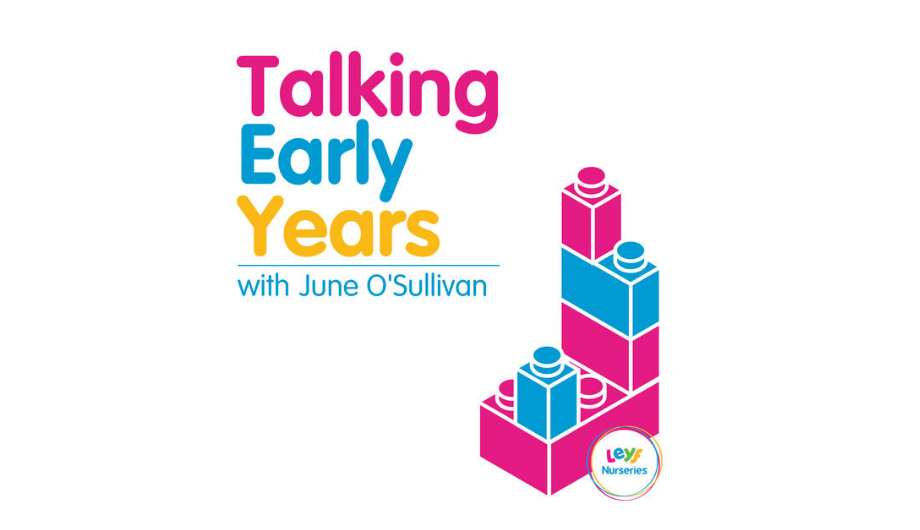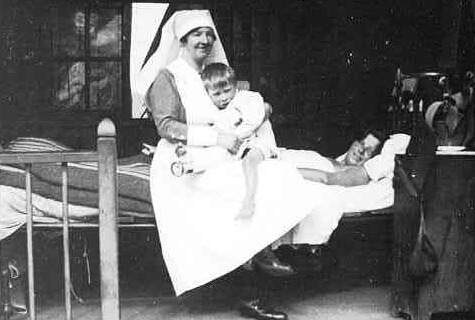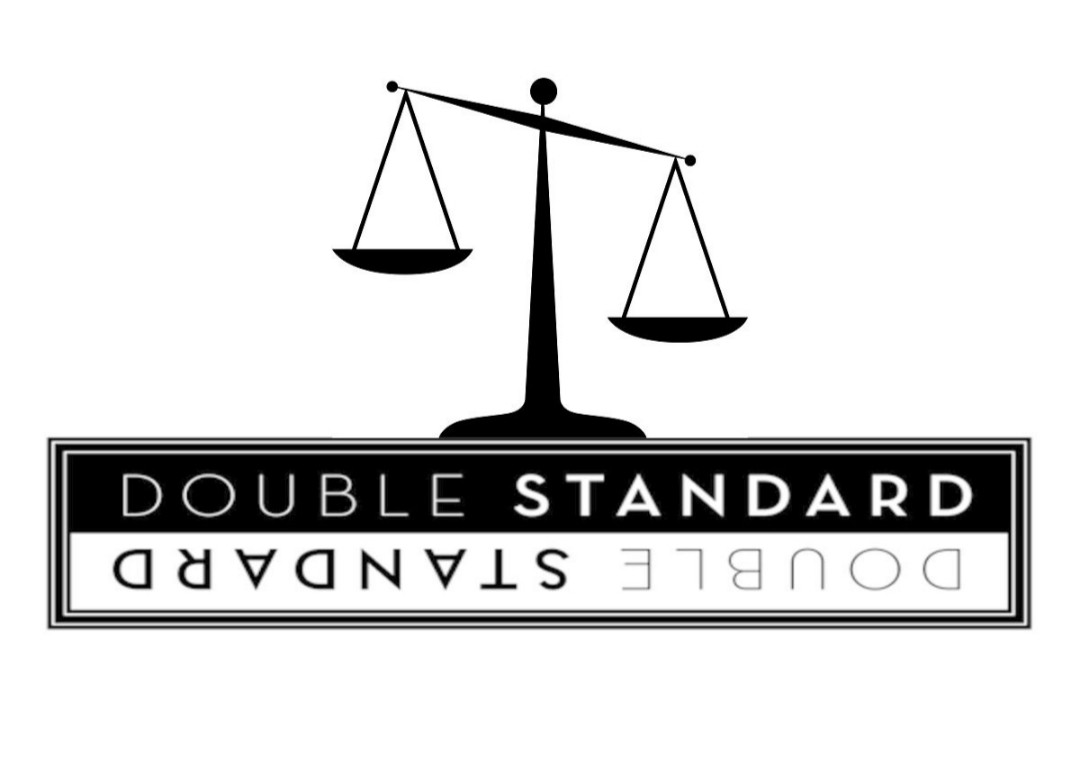
Talking Early Years: June O’Sullivan and Krupesh Hirani
I kicked off this year’s podcast chatting to the well-informed Krupesh Hirani, London Assembly Member for Brent and Chair of the London Assembly Health Committee and the Health…
March 20th 2020
Who would have anticipated that a virus we had never heard of could take us from being Cinderella to becoming the 4th Emergency Service?
The Coronavirus has crept up on a fairly comfortable complacent population and laid bare our strengths and weaknesses. On the one hand, it has exposed our heavy dependence on a service led economy, our disconnect with how we feed the nation, our social isolation and the risks that come from our global economy. On the other hand, we see kindness and connection, good common sense and the best of all by sheer unintended consequences people are beginning to realise that the Early Years sector is a crucial part of our society as we stay open to provide services to essential workers and vulnerable children. Indeed, we ourselves are now designated key workers. We always knew that but sometimes it takes a pandemic to see the obvious.
Of course, the state of the Early Years sector itself has also been exposed. For years we have been unable to build up savings or reserves because we have been running underfunded especially those of us working in areas of poverty. We are cash businesses so as soon as we don’t receive fees we cannot pay staff. That is pretty serious for the 320,000 staff employed in the sector many of whom are low paid, have little savings and often rely on state benefit top ups.
I have been overwhelmed by the lovely comments from parents who recognise the warm and loving relationships the children have with the staff, the trust they have placed in them to educate their children, the friendships and social groups their children rely on and enjoy and the sheer challenge of how do you work at home with a baby or a toddler?
There are so many clichés about leadership in these extraordinary times. Airport shops full of them with pugnacious titles. They shout out about leading from the front, keeping staff motivated, planning calmly, being clear and communicative, being visible even if it’s only on video and making tough decisions. That’s all true but for me the best leaders in a crisis are those who have built the loyalty and support of their team during the ordinary times. Knowing you have that loyalty gives confidence to make a plan, trust their advice, delegate tasks, laugh and relax even for a few minutes on a call and accept their warmth and comfort.
In the midst of all this crisis, I feel exhausted but also calm because I am surrounded by people from right across the organisation who are bringing their loyalty, knowledge and skills to help. Tired and stressed at times but wearing their conviction like a beacon, they roll up their sleeves and do what needs doing.
In our sector, we have many like that, who will fight to keep their staff in a job. Let’s hope that when it is all over we are not punished by having the interim measures pulled. We have been fighting for a long time for most of the adjustments we have just received such as business rates exemption and cheap loans. Pandemics are not that regular so let’s use this one to ensure that Early Years gets the recognition it deserves and retains the funding and legislative adjustments to build deeper foundations and reserves and be in a stronger place to face off the next global crisis.

I kicked off this year’s podcast chatting to the well-informed Krupesh Hirani, London Assembly Member for Brent and Chair of the London Assembly Health Committee and the Health…

Every year we have the Margaret Horn Debate to introduce, explore and dispute ideas, policies and innovative practice. Consequently, we have debated a wonderful array of topics over the past…

The world is full of contradictions and here is a BIG one. I recently read in the Financial Times that the global management consultants, McKinsey & Company earned a…